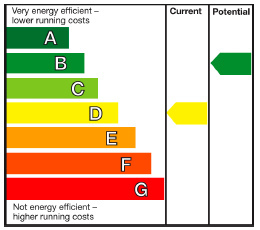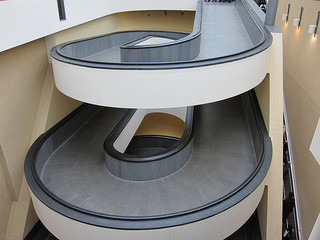California landlords are faced with a myriad of regulatory requirements for disclosures as well as enforcement of their leases. Two new mandatory disclosures for commercial leases will be required in 2013- past energy use of the building, and whether the premises have been inspected by a “certified access specialist”, and if it was inspected, whether or not it passed. Property owners with concerns about their leases and disclosures should consult with a Sacramento and El Dorado commercial lease attorney to have their questions answered.
 ENERGY USE REPORTING
ENERGY USE REPORTING
The new law was actually enacted in 2009, required the California Energy Commission to set a schedule for rolling out, over time, the disclosure requirements. The commission adopted regulations in July 2012 setting the schedule:
–Owners of buildings with a total floor area of more than 50,000 square feet must begin making the required disclosures on and after January 1, 2013.
–Owners of buildings with a total floor area of between 10,000 square feet and 50,000 square feet must make the disclosures on and after July 1, 2013.
–Owners of buildings with a total floor area of between 5,000 square feet and 10,000 square feet must make the disclosures on and after January 1, 2014.
Covered commercial landlords are required to do the following:
A. At least 30 days before entering a contract to sell, lease or borrow against the entire property, the owner must register with the EPA’s Energy Star Portfolio Manager.
B. The owner must instruct their utility providers to upload their data on the building’s energy use to the owner’s account at the website.
C. The building owner must then use the Portfolio Manager account to generate a “Statement of Energy Performance” for the building, and a “California Energy Performance Report.” This will provide the EPA’s benchmarking data and ratings for the most recent 12-month period for the subject building.
 ACCESSIBILITY INSPECTION
ACCESSIBILITY INSPECTION
Effective July 1, 2013, California law will require every commercial property owner or lessor to state, in leases signed starting July 1, whether the property has been inspected by a “Certified Access Specialist” (CASp), and, if so, whether the property has or has not been determined to meet all applicable construction-related accessibility standards…” Civil Code section 1938.
A CASp is a person certified by the California State Architect to inspect commercial properties for compliance with accessibility laws. The advantage to landlords, and there is only one, is that if the landlord had the inspection, and the property was approved as accessible under the law, the landlord has some extra umph in defending a disability lawsuit – at which point they should contact a real estate attorney. Of course, if the landlord does not pass the exam, they then have an obligation to make the necessary changes to comply (or risk losing a valuable tenant who does not want a non-qualifying property). Given the frequency of change in the access rules, it is good that the statute does not require a new inspection before every new or renewed lease agreement.
 California Real Estate Lawyers Blog
California Real Estate Lawyers Blog

